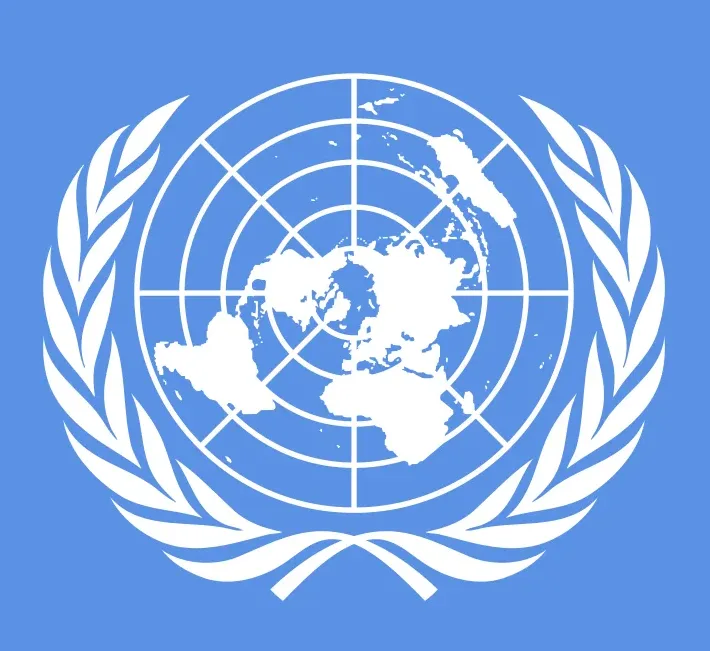Recent reports indicate that reductions in global aid funding are severely impacting child vaccination programs, with disruptions comparable to those experienced during the COVID-19 pandemic. UN agencies, including UNICEF and the World Health Organization (WHO), highlight that these funding cuts are leading to increased outbreaks of preventable diseases such as measles, meningitis, and yellow fever.
Widespread Impact on Immunization Services
Data from WHO offices across 108 low and lower-middle-income countries reveal that nearly half have experienced significant disruptions in both emergency and routine vaccinations. The decrease in funding has also led to reduced vaccine supplies and compromised disease surveillance systems.
Rising Disease Outbreaks
Since 2021, there has been a year-on-year increase in measles cases, with meningitis surging in Africa and yellow fever cases rising after a decade of decline. These trends underscore the critical need for sustained immunization efforts to prevent further health crises.
Calls for Renewed Funding Commitments
In light of these challenges, Gavi, the Vaccine Alliance, is seeking $9 billion for its 2026-2030 program to bolster global immunization initiatives. The organization emphasizes that adequate funding is essential to combat the escalating risk of infectious disease outbreaks.
As the global community reflects on the lessons from the COVID-19 pandemic, maintaining robust support for child vaccination programs remains a public health imperative.




+ There are no comments
Add yours